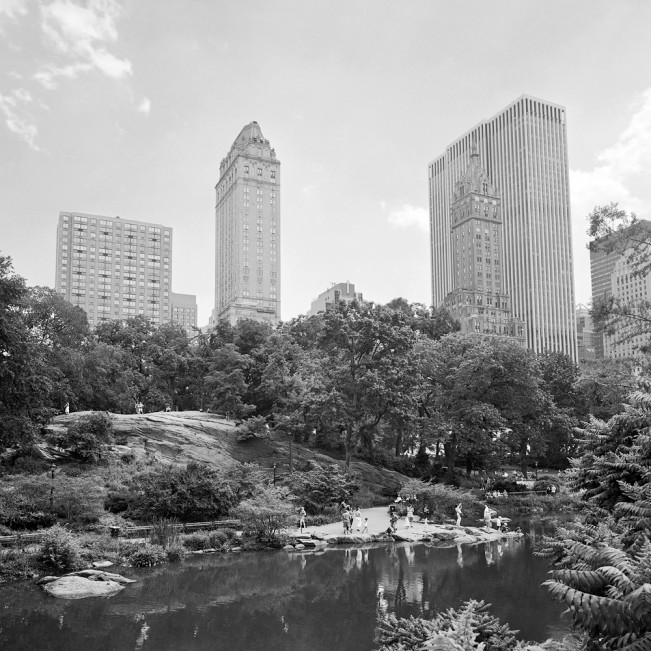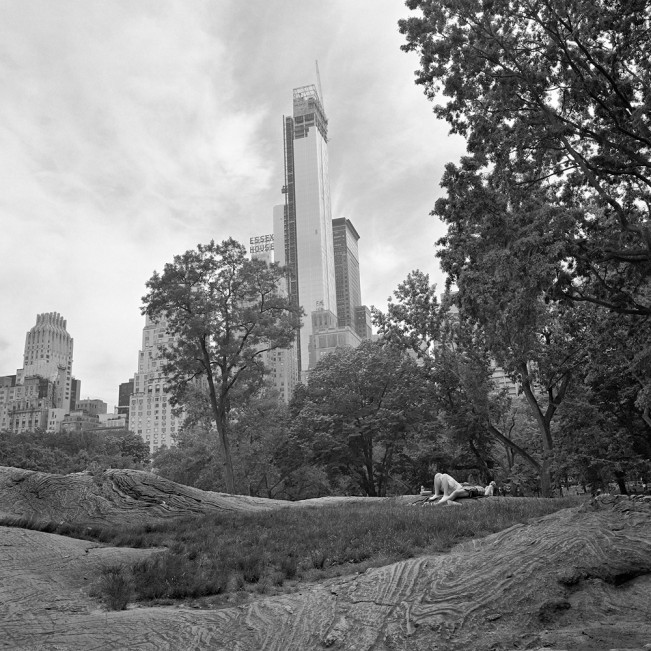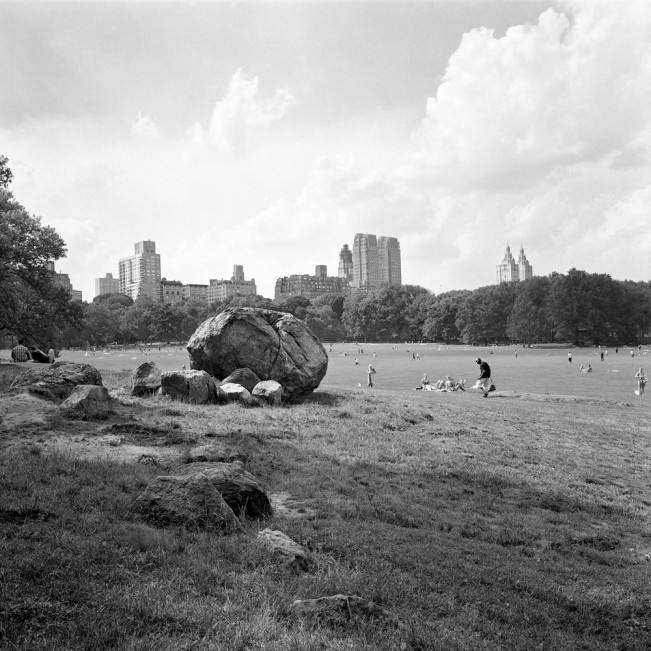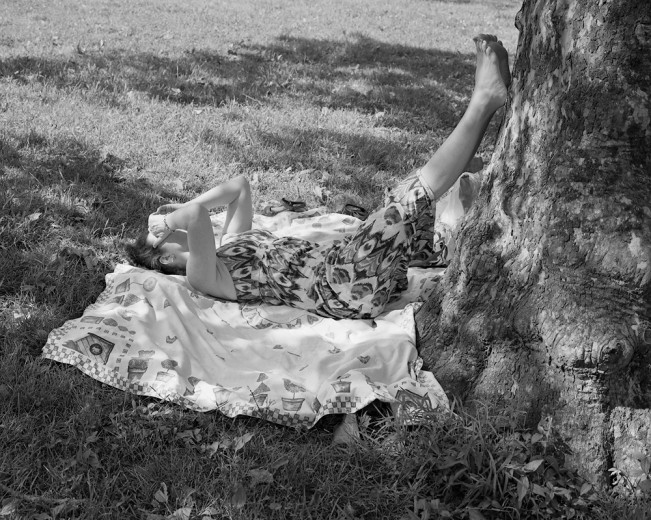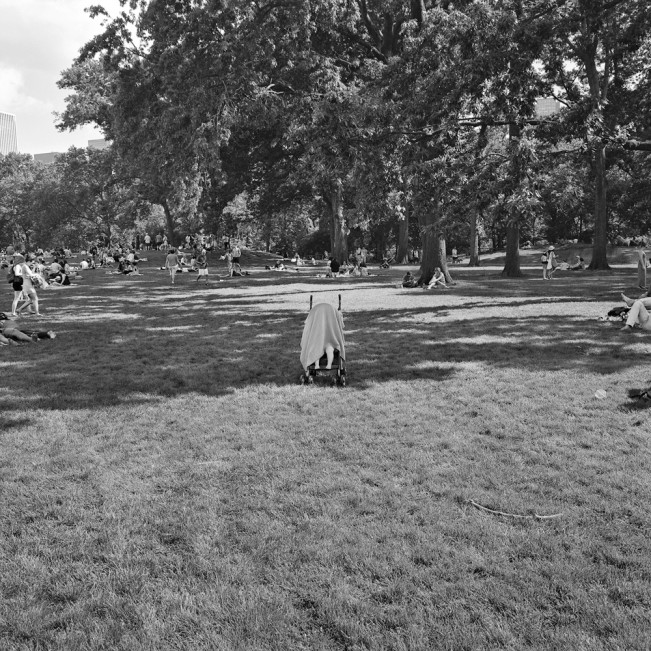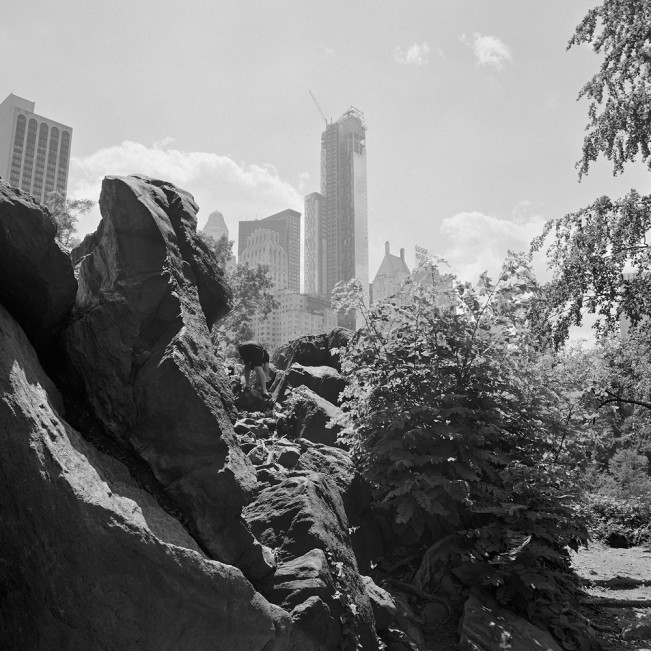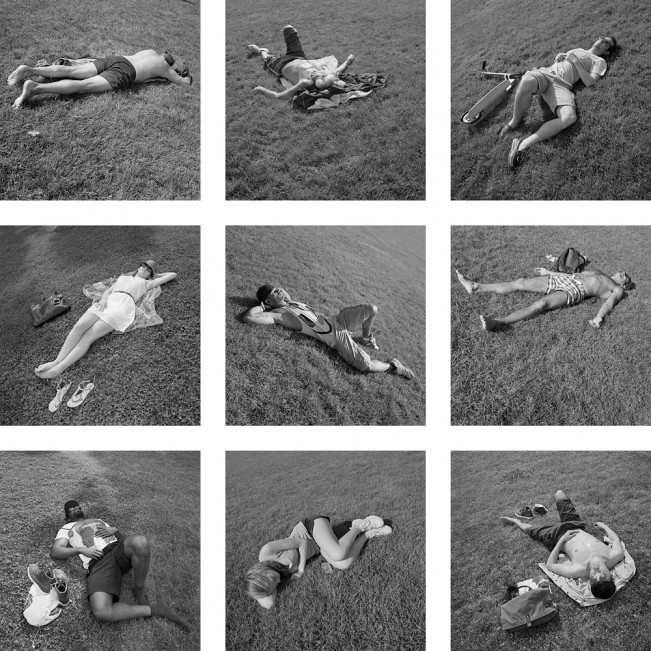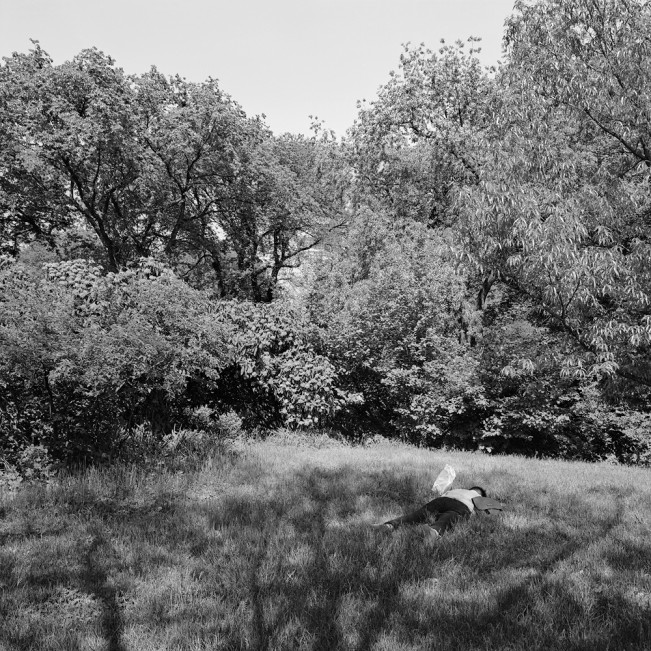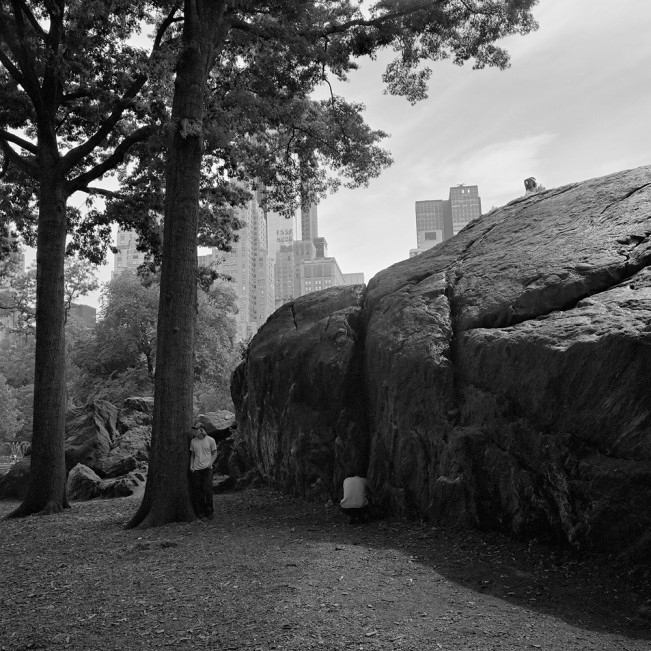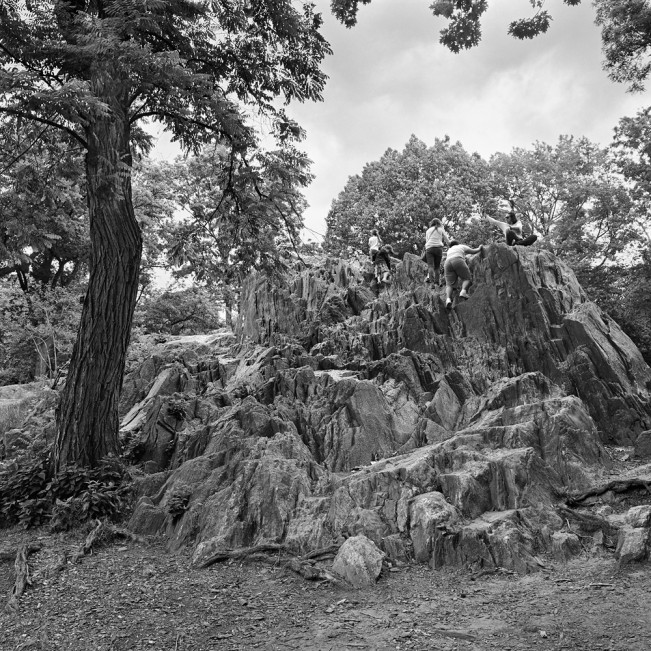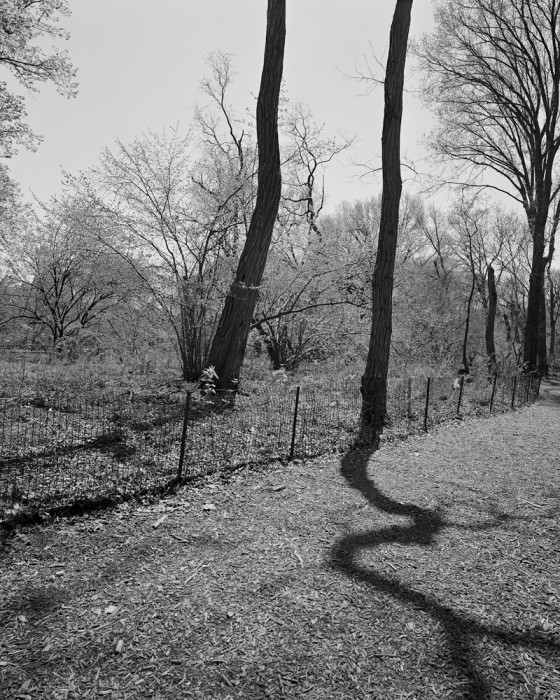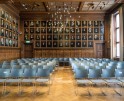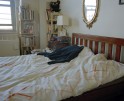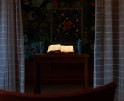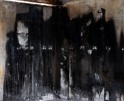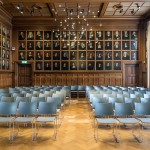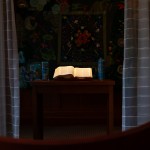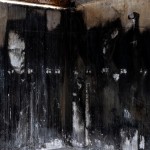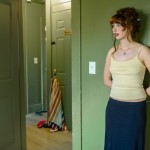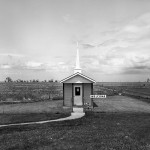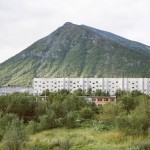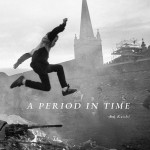Lauren Henkin: The Park
Artist Lauren Henkin’s terrific project, The Park, allows us to consider natural spaces in a massively urban environment and the behaviors that we apply to those spaces. There is a delicacy to her black and white images and the relaxed poses of many of her subjects are incongruous to the face paced city life just beyond the park’s borders.
The Park was just featured in the Foley Gallery Booth at the Miami Project Fair, but coming up Lauren will be exhibiting Internals 1-6 from her series, “Growth,” at Life on Mars Gallery in Bushwick. The show, Light Box, will also include works by painter John Zinsser, photographer Richard Benari, and sculptor Gabriela Salazar. The exhibition will open on Friday, December 12, and run through January 11 at at Bogart Street in Brooklyn.
Born in Washington, D.C., artist Lauren Henkin grew up in Maryland, graduated with a Bachelor of Arts in Architecture from Washington University in St. Louis and now splits her time in New York City and Maine.
Henkin’s work is focused on the tension between preservation and extinction as told through the American landscape. Her work resides in over twenty institutional collections including Cleveland Museum of Art, Portland Art Museum, Smith College Museum of Art, Yale University, Brown University’s Bell Gallery among others. Musée Magazine, PDN, New York Magazine, ZingMagazine, Landscape Stories, L’Oeil de la Photographie and The Washington Post have all featured her photographs.
She is also a co-founder and co-editor of Tilted Arc, a journal on artistic practice and intention. Through her imprint, Vela Noche, she publishes handmade books and editions, many of which have been acquired by the world’s finest rare book collections.
Her work is represented by Foley Gallery in New York City.
THE PARK
For the last decade, I have studied various aspects of the American landscape. In The Park, photographs made in New York’s Central Park, I deepen that study, capturing the extreme relationships in scale between Olmsted’s design, the surrounding architecture and how we engage this massive constructed urban space.
When I began this project in 2009, I was a tourist. Two years later I moved to New York, gaining an intimate understanding of the escape the Park provides— from noise, pollution, density, and looming skyscrapers that only occasionally permit a glimpse of the sky. But the Park can only insulate to a point. Despite its 840 acres and winding paths, its edges can be perceived. Buildings are rarely hidden. Solitude is elusive. Sirens interrupt rare moments of silence.
While the Park has been the subject of important bodies of work, my goal is to present it from a fresh perspective—not as a backdrop for human interaction, but as an active player; and to use photography to stop time, enabling us to see what we’re often-unconscious of without the help of the camera—scale, escape, folly, irony, juxtaposition, awkwardness and authenticity.
Posts on Lenscratch may not be reproduced without the permission of the Lenscratch staff and the photographer.
Recommended
-
Review Santa Fe: Leslee Broersma: Tracing AcademiaFebruary 11th, 2026
-
Review Santa Fe: Ilana Grollman: Just Know That I Love YouFebruary 10th, 2026
-
Review Santa Fe: Julia Cluett: Dead ReckoningFebruary 8th, 2026
-
Review Santa Fe: Elizabeth Z. Pineda: Sin Nombre en Esta Tierra SagradaFebruary 6th, 2026

